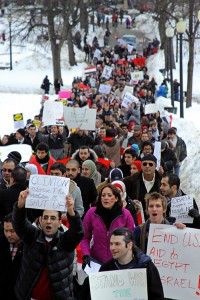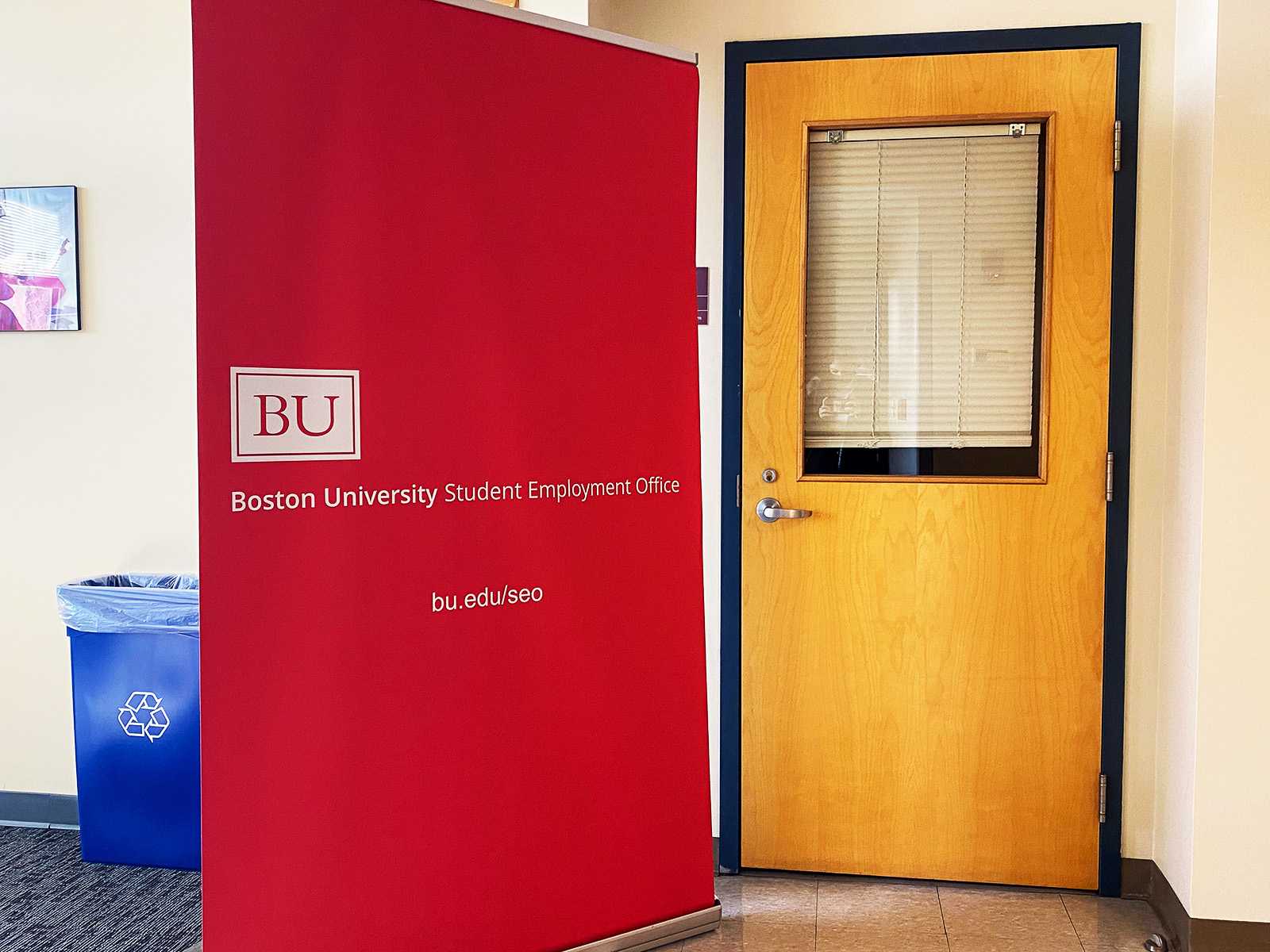
After hundreds of thousands of protestors crowded the streets of Cairo in an attempt to bring an end to Egyptian President Hosni Mubarak’s 30-year reign, many Boston University faculty and students joined the rest of the world in keeping a close eye on developments in the troubled country.
BU professor of International Relations Augustus Richard Norton, a specialist in Middle Eastern studies, said discontent in Egypt in recent decades has resulted in several protests, but the active involvement of the youth gives this most recent protest its unique, enduring effect.
“I would say that for many years it has been clear that there is a feeling of discontent in Egypt, fueled by anger about corruption, absence of good jobs, living conditions and an extraordinary degree of arrogance on the part of the regime,” Norton said.
Norton said unlike Egyptian protests of the past, the efforts of young, educated and media savvy citizens have prevented this protest from falling to the oppression of the Mubarek regime.
“Usually young people have only played secondary roles,” he said. “This time, young people took the lead, and I think that has been a dramatic and unexpected development.”
Norton explained that the Obama Administration’s perceived hesitance in cutting ties with Mubarak stems from extensive and complicated U.S. interests in Egypt.
“You can’t just say, ‘we don’t support you anymore. Go away,’” he said. “The military is not going to disappear, and the U.S. needs to show that it is a steady hand and a reliable partner.”
He suggested that the U.S. continue to urge discussions about the nature of the power transfer in the direction of free and fair elections.
The protests will likely have no direct effect on Egyptian students studying at BU or other American universities, Norton added.
“I don’t think we’re going we’re going to see any sort of revolutionary regime which would threaten Egyptians who want to study in the U.S.,” he said.
BU students said the turbulence in Egypt is scary, even when observed from afar.
“Seeing so many people roam the streets of Cairo and Alexandria, calling for a change in government, a right for justice and a chance for hope, left in me a sense of amazement yet sadness,” said Zaina Inam, a sophomore in the College of Arts and Sciences.
“To think that such a beautiful country could hide behind its facade stories of oppression, poverty and misery was too much to grasp,” she said.
CAS junior Anthony Cirino said that while the crisis in Egypt has no direct effect on him, he is constantly reading and studying the region.
“If nothing else, the protests spreading from Tunisia to Algeria to Egypt prove to me that democracy is not dead in the Middle East,” Cirino said.
CAS sophomore Shuxia Sun said that for many students, keeping up with the crisis is difficult.
Cirino suggested that BU hold a panel discussion similar to the one held last fall in response to the potential construction of a mosque in New York City near Ground Zero.
“With that, students who attend would get a neutral, non-biased overview of the situation and not have thoughts fuel only by hearsay,” he said. “It would be a great opportunity to separate fact from fiction and inform the students who attend.”



























































































































